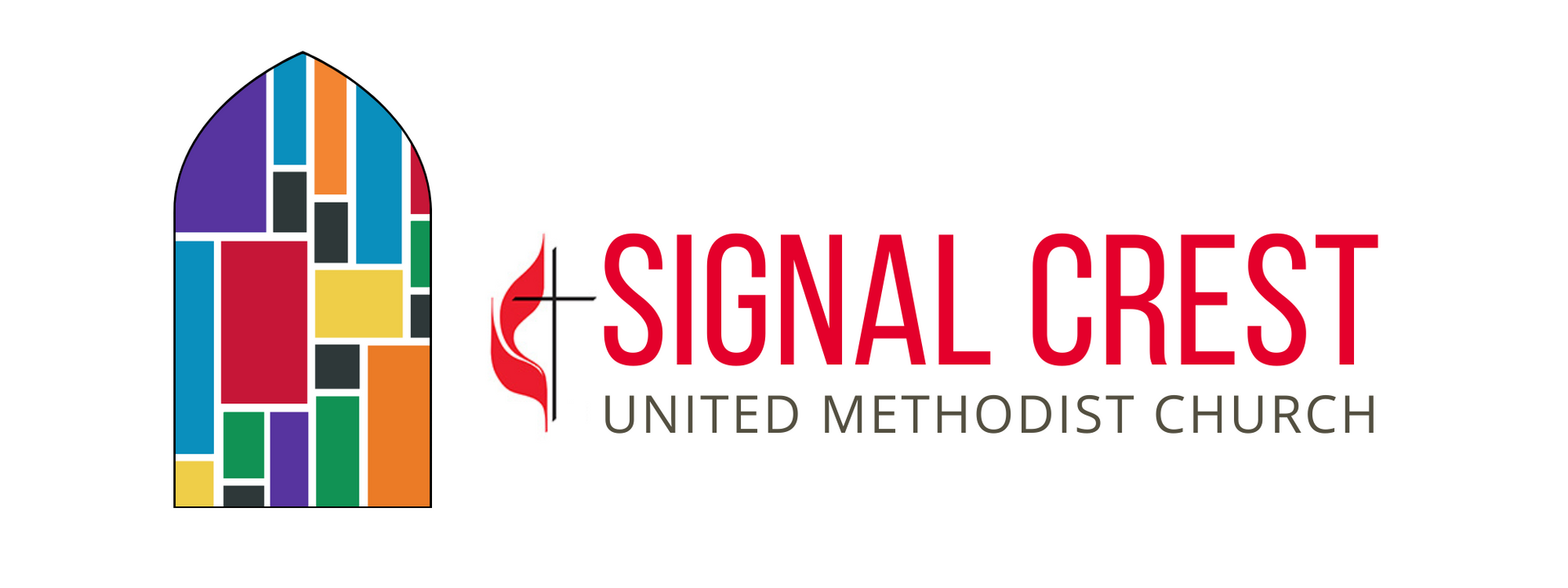Devotional from Pastor Dave May 15, 2024
I just finished reading Bishop Kenneth Carder’s memoir Shifting Margins. He is a Holston Conference native who was born into the marginalized world of poverty in rural Appalachia, in Washington County in northeast Tennessee. Though he eventually would rise to positions of privilege and prominence as a United Methodist bishop, the heart of his ministry has remained focused on those who find themselves on the margins.
A child of poverty himself, he devoted much of his energy as a bishop toward directing the church’s attention toward the needs of children in poverty. He served tall steeple churches like Church Street in Knoxville that had a soup kitchen for the city’s unhoused population, and several of the friends from this ministry came to his consecration as a bishop. The early years of his ministry coincided with the civil rights movement, and he developed friendships with Black pastors and fostered interracial ministries across congregations. He has sought to identify and eradicate the racism and prejudice in himself as well as in the institutions in which he has served.
I was particularly struck to read that Bishop Carder was inspired by a speech at Holston Conference in the 1960s by Signal Crest’s very own Judge Frank Wilson (for whom our church’s library is named) for pastors to become as familiar with the insides of the local jails and prisons as we are with the local hospitals. Those words of Judge Wilson prompted the young pastor to get involved in prison ministries where he met with inmates, corrections officers, victims, and their families. He befriended a man on death row and walked with him through the appeals process that eventually reduced his sentence to life in prison. He crafted a seminary course on restorative justice that would bring inmates and seminary students together to learn and share. He has advocated against the death penalty and for criminal justice reform. All of this ministry among those marginalized by incarceration was inspired by Judge Wilson’s words.
When his wife Linda was diagnosed with dementia, his attention turned toward another marginalized community in our culture: the frail, the forgetting, and the forgotten. So much of what he related about their experience resonates with my own experience with my mom in her dementia. The residents, staff, and families of Linda’s memory care community became his parish. He preached in their worship services, shared the sacrament of Holy Communion, and served as volunteer chaplain for that community.
He describes a service one Pentecost Sunday. The scripture was the story of the first Pentecost from Acts 2, which describes different people from different places speaking different languages, and yet somehow, they were able to understand each other. “How is that possible?” Bishop Carder inquired. After a period of silence, someone spoke up: “They loved one another” (p. 206-207).
Pentecost is this coming Sunday, May 19. May the Spirit of the God who is Love fall afresh upon the church today and help us—in the midst of all the different places we come from, the different perspectives we have, the various languages we speak—to hear, understand, and love one another.

